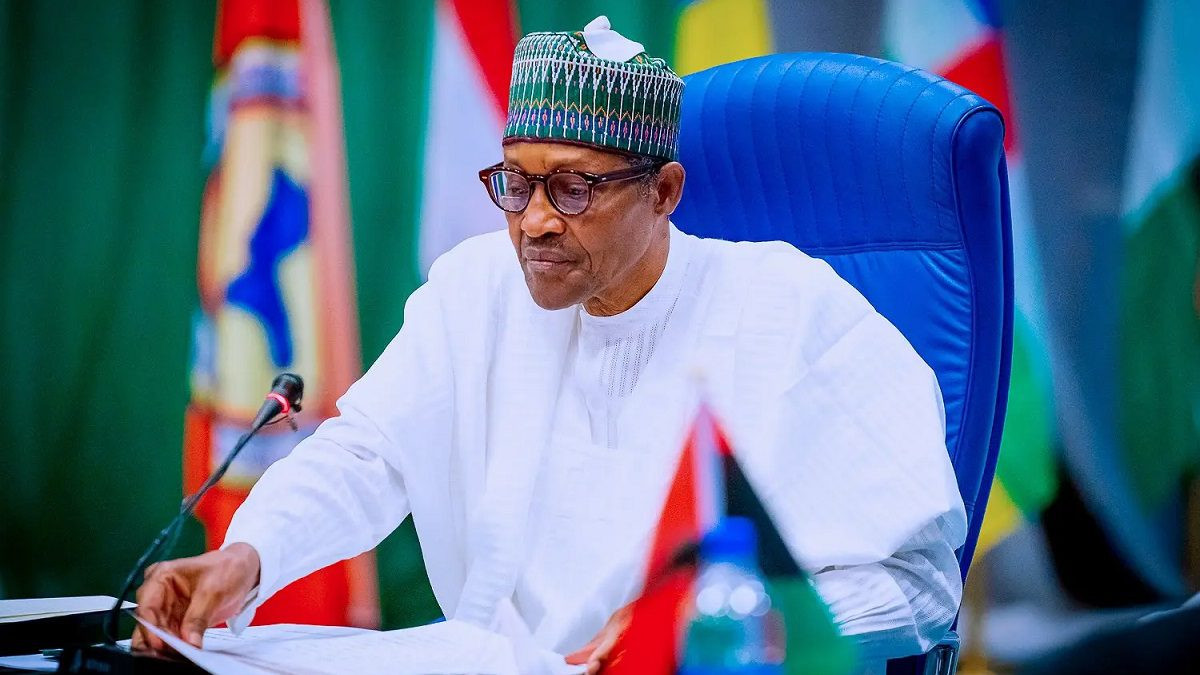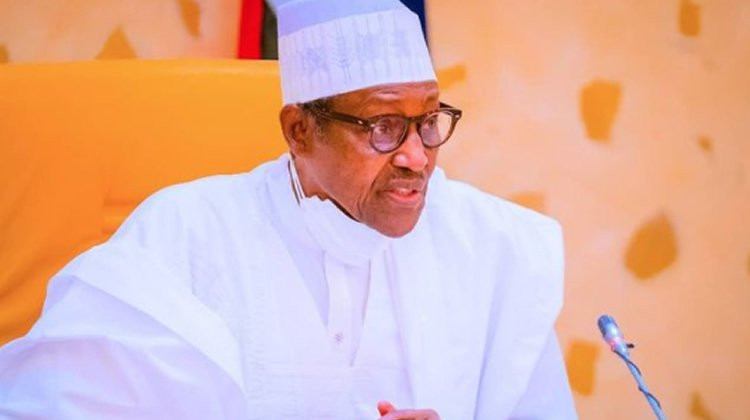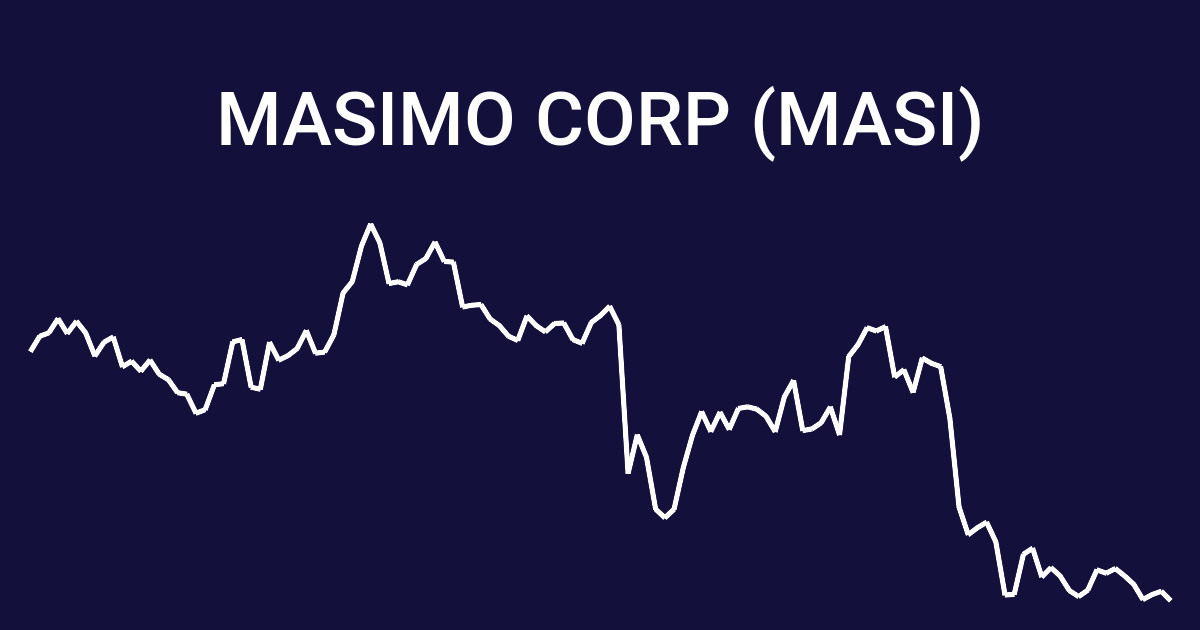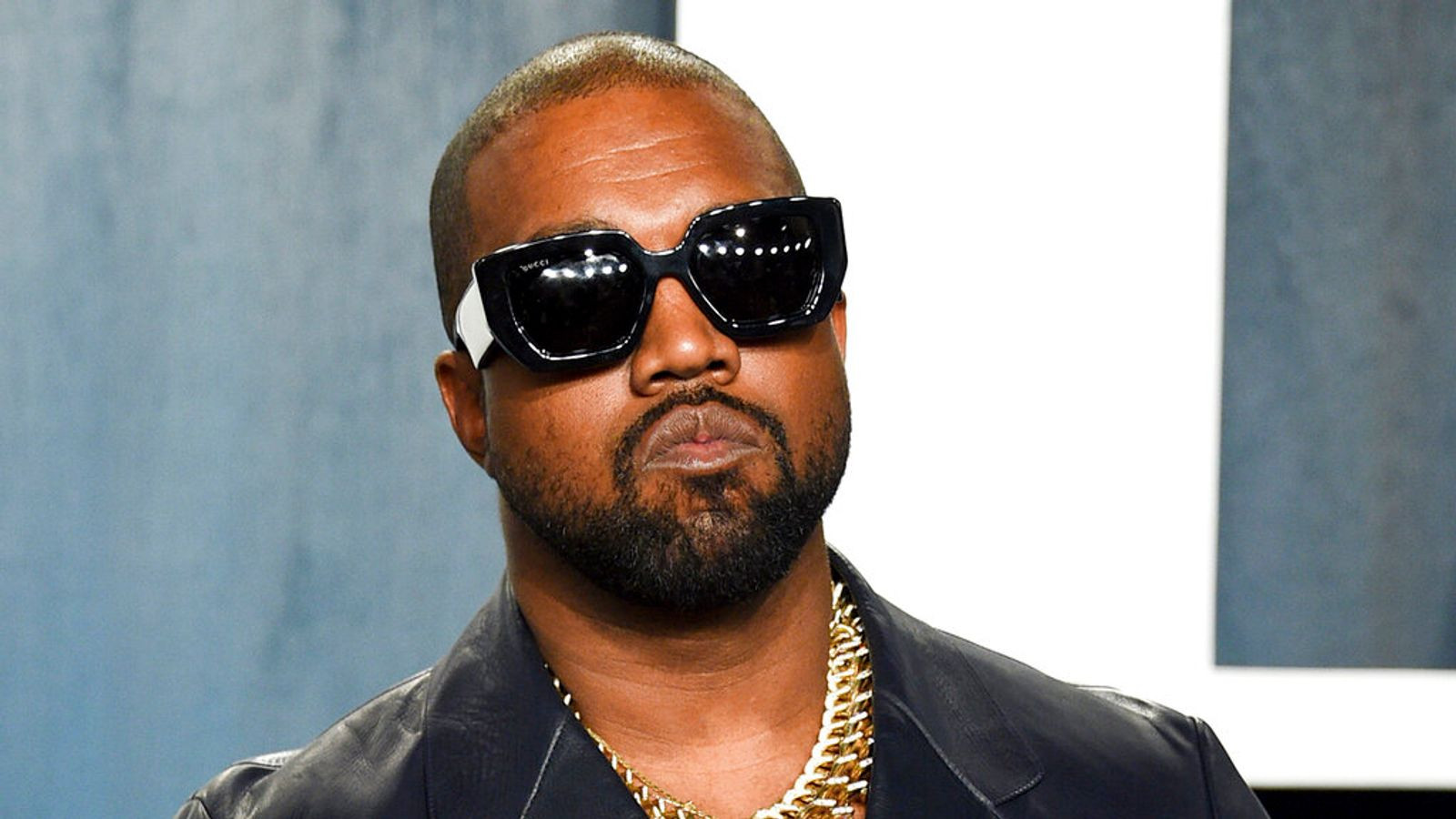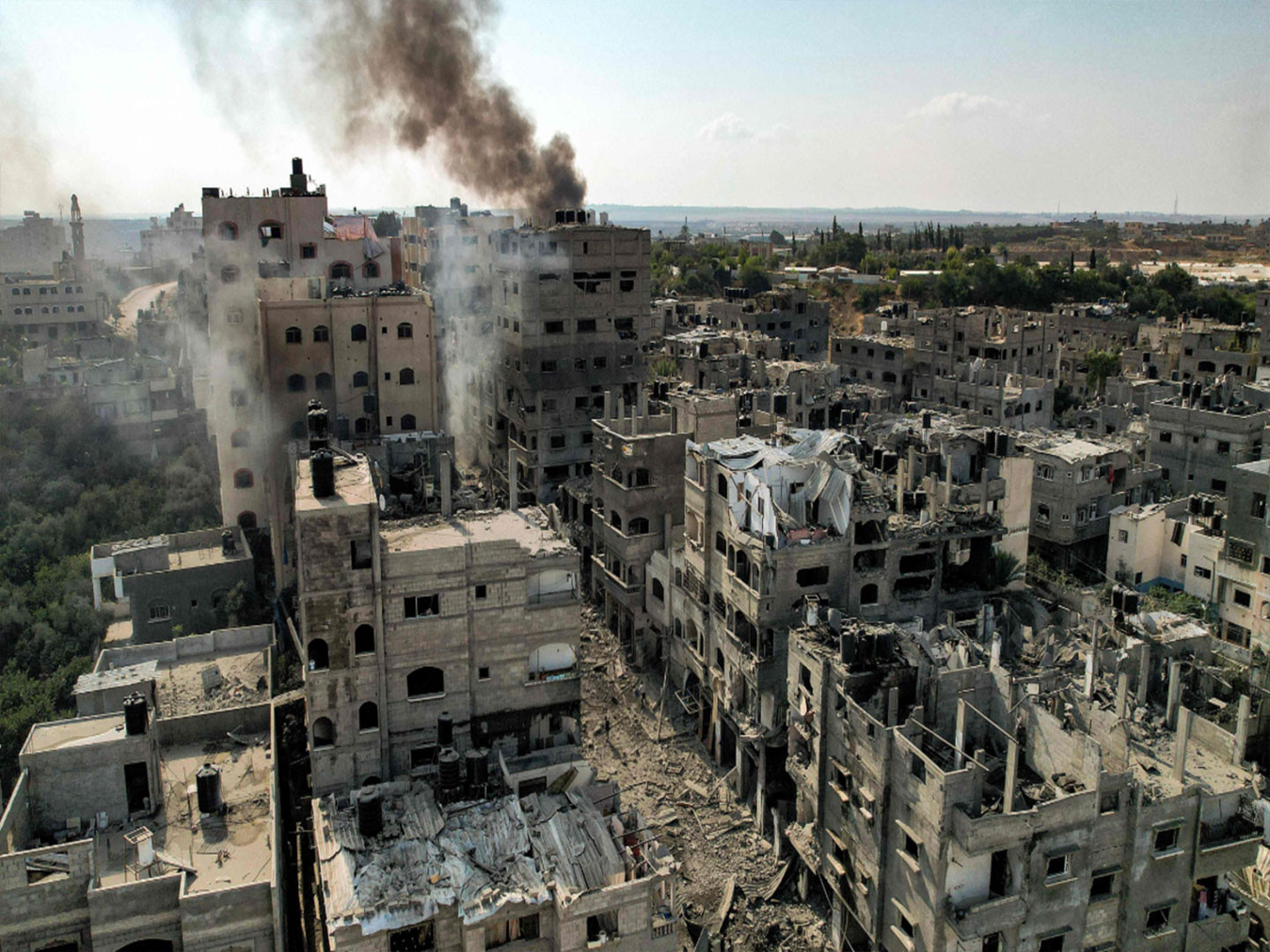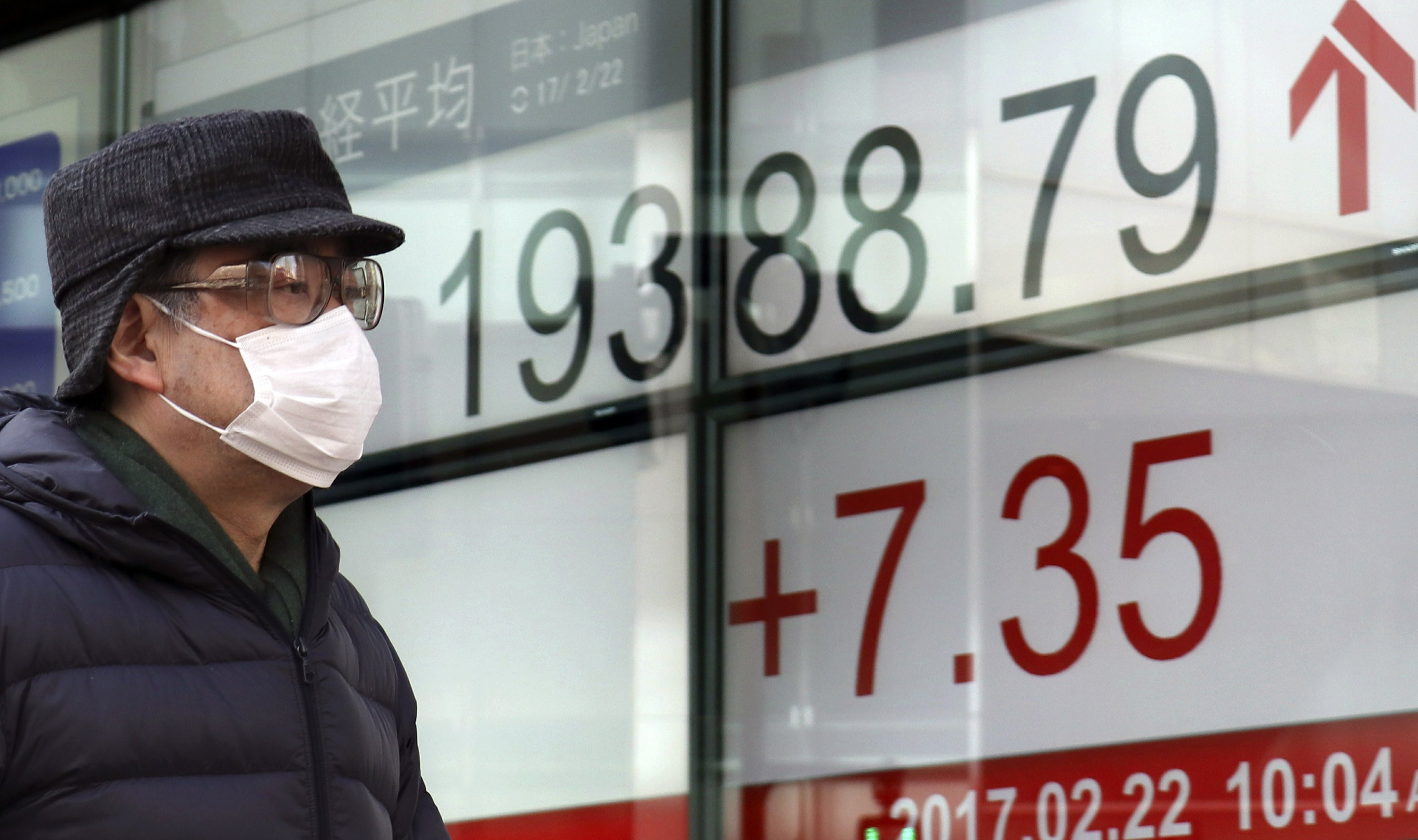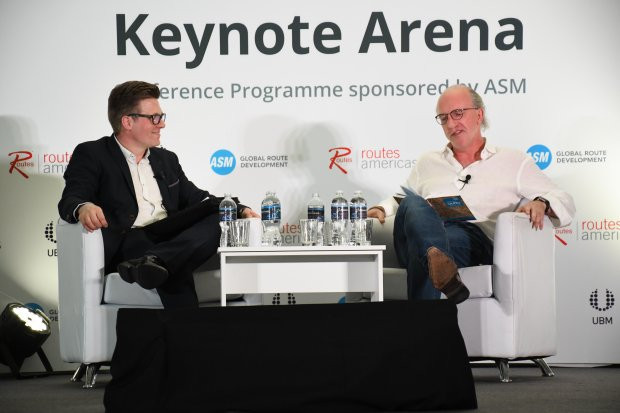At the annual General Conference of the Nigerian Bar Association (NBA), Ngozi Okonjo-Iweala, the Director-General of the World Trade Organization (WTO), delivered a sobering assessment of Nigeria’s economic trajectory. She highlighted a troubling trend: Nigeria’s Gross Domestic Product (GDP) growth rate has been on a steady decline since 2014, underlining a downturn in the economic well-being of the average Nigerian.
Okonjo-Iweala pointed out that the years between 2000 and 2014 represented a period of robust economic growth for Nigeria. During that time, the country’s average GDP growth rate was approximately 3.8% annually, a figure that significantly outpaced the population growth rate of around 2.6%.
This period of economic expansion led to tangible improvements in the standard of living for many Nigerians, as the economy grew faster than the population, allowing for real per capita income growth.
However, since 2014, the situation has reversed. Okonjo-Iweala noted that the country has struggled to maintain the positive growth momentum of the previous decade, with the average annual GDP per capita now experiencing a negative growth rate of 0.9%. This means that, on average, Nigerians have been getting poorer over the past decade as the economy has failed to keep pace with population growth.
“Many of the big problems the NBA is grappling with today have their roots in Nigeria’s failure to sustain the rate of economic growth and development that consistently outpaced the growth of our population,” Okonjo-Iweala remarked.
She explained that while Nigeria had episodes of reforms and faster economic growth that were not solely dependent on oil prices, the inability to consolidate and build on those gains has led to millions of Nigerians facing diminished job prospects and reduced human well-being.
The former Finance Minister went on to argue that Nigeria’s economic woes are largely due to policy inconsistencies. She stressed the importance of sustaining good economic policies irrespective of the administration or political party in power, to foster long-term development. According to Okonjo-Iweala, policy reversals and a lack of continuity have significantly contributed to the country’s economic challenges.
To address these issues, she advocated for a social contract between the government and the people that transcends political affiliations. This contract, she argued, should focus on generally accepted economic policies that will be followed regardless of who is in power.
This call for consistency comes at a critical time, as Nigeria’s economy continues to face significant challenges. According to the National Bureau of Statistics (NBS), Nigeria’s GDP growth rate declined to 2.98% in the first quarter of 2024, down from 3.46% in the fourth quarter of 2023. While this figure is an improvement over the 2.31% recorded in the corresponding quarter of 2023, it still falls short of the levels needed to significantly improve the standard of living for Nigerians.
The decline in GDP growth is compounded by other economic challenges, including low exports, a reduction in oil sales (which account for about 90% of Nigeria’s revenue), and rising inflation. These issues have raised concerns about the feasibility of President Bola Tinubu’s ambitious goal of transforming Nigeria into a $1 trillion economy.
The decline in GDP that began in 2014 was accelerated by the economic policies introduced by former President Muhammadu Buhari. These policies, including the controversial exchange rate management, and restrictions on certain imports, contributed to two economic recessions within a span of five years. The first recession occurred in 2016, just a year into Buhari’s administration, while the second hit in 2020, exacerbated by the global COVID-19 pandemic.
One of the critical issues during Buhari’s administration was the significant rise in inflation, which ballooned into double digits and has since remained stubbornly high. The inflationary pressures were partly driven by policy missteps, such as the border closure, delayed response to the economic shocks, and the administration’s focus on exchange rate controls, which led to a widening gap between the official and parallel market rates.
Since assuming office, President Bola Tinubu’s administration has faced the daunting task of addressing these economic challenges. However, the current government has yet to develop a clear-cut plan to mitigate the continued decline in GDP. While President Tinubu has articulated ambitious goals, such as growing Nigeria’s GDP to a $1 trillion economy, many analysts remain skeptical about the feasibility of such targets given the current economic conditions. High inflation, low employment rates, and rising national debt continue to pose significant hurdles.
Analysts have noted that the government’s economic reforms, while necessary, have been piecemeal and reactive rather than proactive. They said that the absence of a comprehensive plan to address the underlying structural issues in the economy—such as over-reliance on oil revenues, inadequate infrastructure, and a challenging business environment—has made it difficult for the country to regain its growth trajectory.




